Motion sickness is a concern for me every time we travel. Just about every mode of transportation is a challenge for my stomach. Planes, buses, cars, and especially boats are all likely to make me quite queasy. While I’ve never actually gotten sick, it makes me feel like death, sometimes for hours. Medical science says motion sickness is a result of your brain experiencing “temporary balance and sensory confusion.” While it’s interesting to know what causes it, I’m more focused on how to avoid motion sickness at basically any cost.
So far, I’ve been lucky that my unfortunate tendency to get motion sick hasn’t impacted our travels too badly. I’ve learned how to cope on our Christmas cruises and on the small boats that take us to scuba dive sites. Diving itself isn’t usually a problem because, in most places, the currents are not as strong under the water as they are closer to the surface. This isn’t universally true, but it has been for most of the places we’ve been diving.
The biggest inconvenience I’ve experience from motion sickness so far was on our trip to Machu Picchu. While I’m usually fine on trains, the particular train (and the bus that follows) that heads toward Machu Picchu winds its way through the mountains. Sadly, I missed the entire (very curvy) journey because I accidentally took the drowsy type of motion sickness medicine.
How not to get sick has never been a bigger concern for me than on our recent trip to the Galapagos. After much research, we made the decision to go on The Beagle, a single-hulled sailboat that carries fewer than 20 passengers and crew. Nothing like a giant cruise ship, a relatively small boat like this in the ocean is likely to get tossed around a bit. And it did, even though we chose the rainy season when the water is calmest. Although I had mentally prepared myself that I might feel sick for an entire week, I was totally fine, thanks to some diligent preparation.

How not to get sick has never been a bigger concern for me than on our trip to the Galapagos. After much research, we made the decision to go on The Beagle, a single-hulled sailboat that carries fewer than 20 passengers and crew. Nothing like a giant cruise ship, a relatively small boat like this in the ocean is likely to get tossed around a bit. And it did, even though we chose the rainy season when the water is calmest. Although I had mentally prepared myself that I might feel sick for an entire week, I was totally fine, thanks to some diligent preparation.
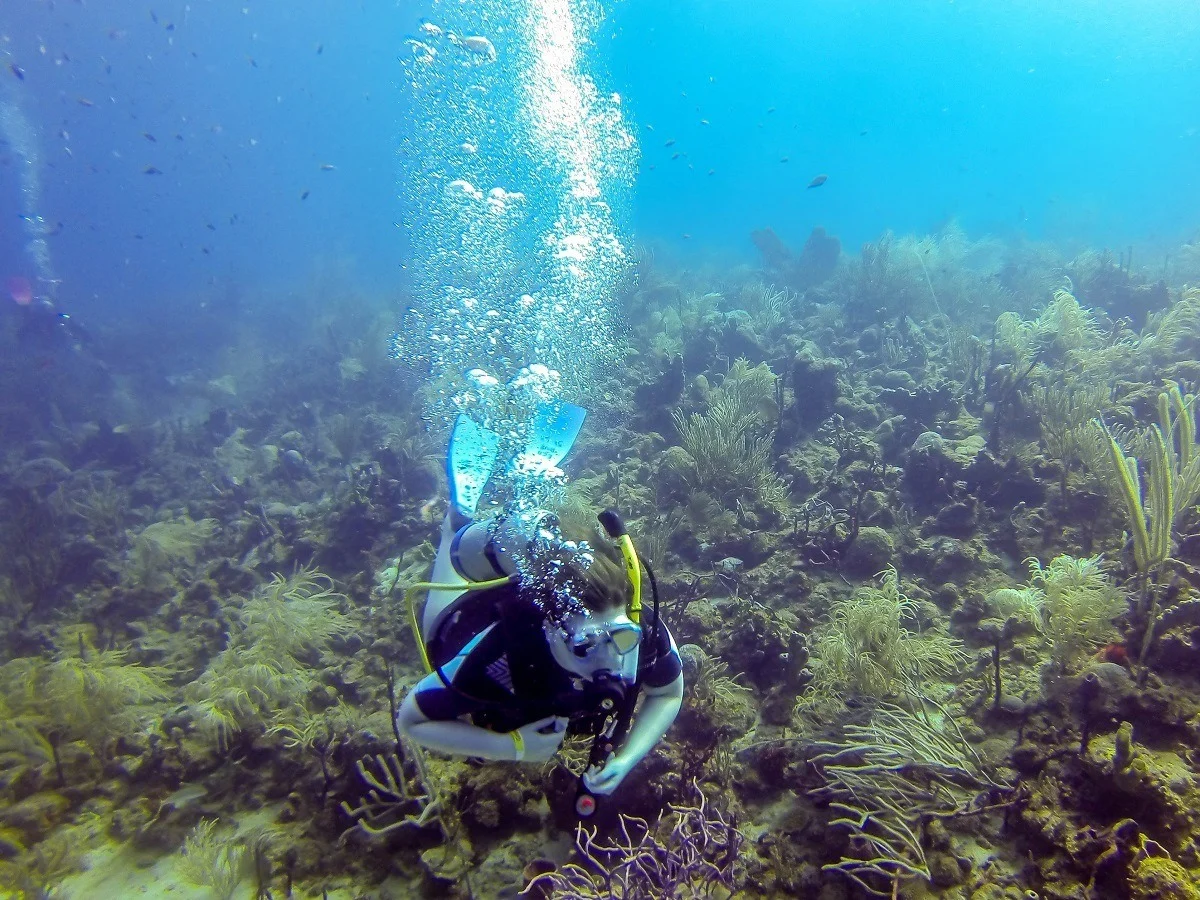
The experience with the sailboat made me think about the things I do to avoid motion sickness. Some of these actions still require planning, and some of them have become ingrained behaviors after coping with it for 30+ years.
Tips to Avoid Motion Sickness
Don’t read in the car
Just don’t do it. Trying to carefully focus on reading – books, smartphone, maps, anything – in a moving vehicle is a bad idea. Your eyes, fixed on the reading, tell you that you’re still. But as the car goes over bumps, stops, or speeds up, your ears disagree. It’s a straight path to motion sickness land.
Face the direction in which the vehicle is moving
Many trains and subways have forward- and backward-facing seats, so facing in the direction of travel is important. If you can’t for some reason, it might be time to take a nap.
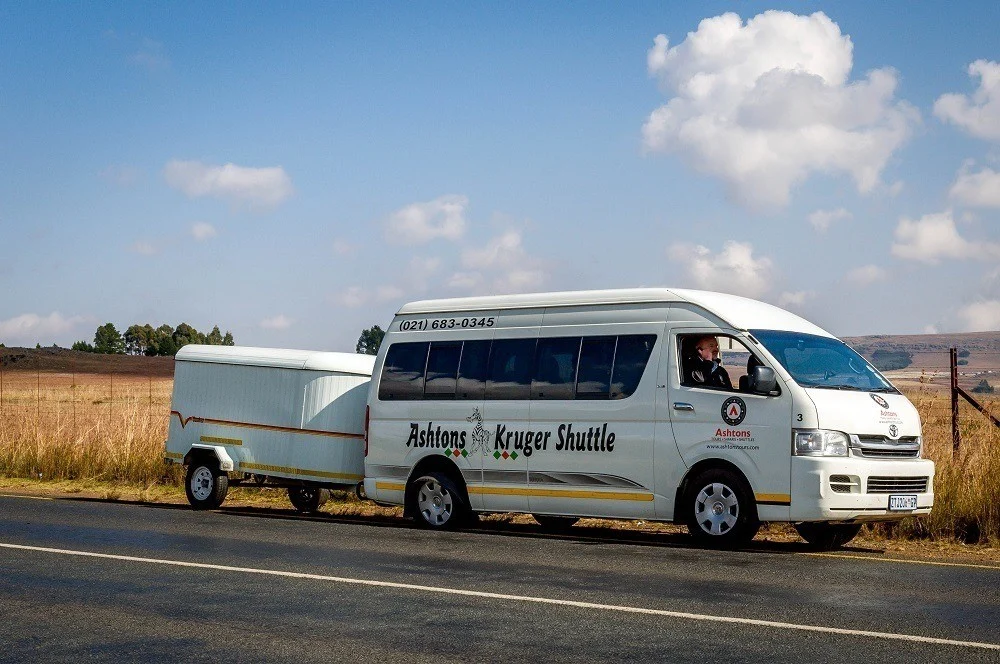
Find the best spot
In cars and buses, sit as close to the front as you can. In a boat, look for a place in the center where there’s likely to be less movement. In a plane, the front and over the wing are likely to be the best spots.
Focus on the horizon
Looking at the horizon can help maintain your equilibrium more easily and reduce the number of confusing signals the body is receiving.
Avoid strong odors
Food smells and other strong odors can exacerbate motion sickness, especially if you’ve already started to feel a little ill. I find that diesel or gas smells can be particularly bad.
Eat and drink
Drink plenty of water and avoid drinks that can dehydrate you like coffee, tea, or alcohol. While it may seem counter-intuitive, an empty stomach can also make things worse, so eat something light like crackers or another small snack.
Medicate
Over-the-counter and prescription options are available to help prevent motion sickness. I prefer Dramamine’s less-drowsy formula, which is available over-the-counter, but have also heard good things about the prescription scopolamine, a patch warn behind the ear. I take my first pill several hours before I leave and continue taking them regularly throughout the trip, including drowsy formula as appropriate at night.
Try the natural route
If you prefer the drug-free route or want some extra insurance, try motion sickness bands like PsiBands that work through acupressure. Ginger candies and tea may also help.
Distract yourself
Listening to music can be a great way to take your mind off motion sickness or the anxiety you may have about the possibility of motion sickness. It may also help you relax, which can be helpful if you’re already feeling a bit sick.
Listen to your body
If you’ve had motion sickness before, you can probably identify the signs when they begin. If you’re tuned in to how you feel, you might have the chance to stop things before they get worse by getting fresh air, taking a break from the car ride, or putting down your reading (in case you didn’t see tip #1!).
Laura Longwell is an award-winning travel blogger and photographer. Since founding Travel Addicts in 2008, she has written hundreds of articles that help over 3 million people a year get the most out of their travel. In that time, she has visited nearly 60 countries on 5 continents, often returning to favorite destinations over and over again. She has a deep love of history, uncovering unexpected attractions, and trying all the good food a place has to offer.
In addition to Travel Addicts, Laura runs a site about her hometown of Philadelphia—Guide to Philly—which chronicles unique things to do and places to see around southeastern Pennsylvania. Her travel tips and advice appear across the web.
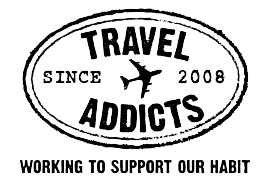
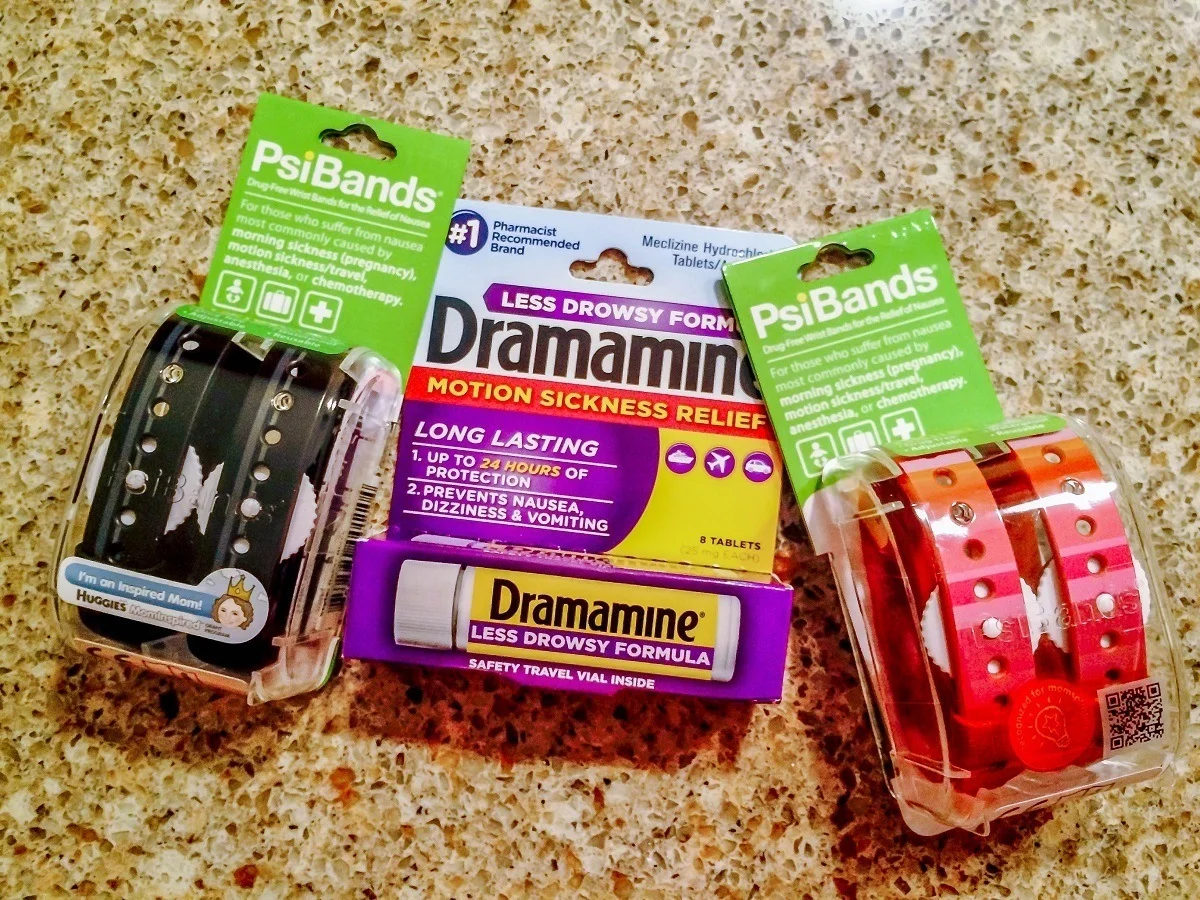
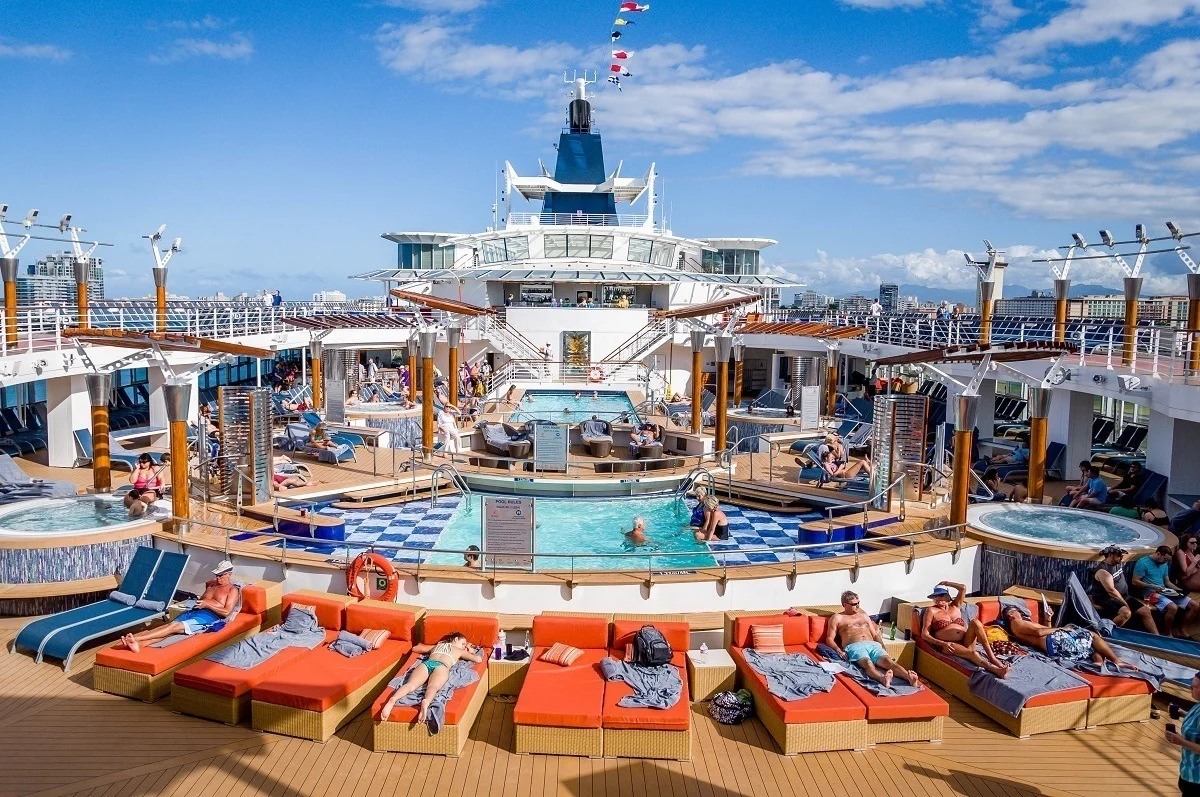
Dave
Friday 30th of October 2015
Great report Laura and 9 out of ten for your coverage of non-pharma products to help with the symptoms.
Take a look at Nevasic for your next report...
Dave
Saturday 13th of June 2015
If you want something light, drug free, not consumed and no wrist band to wear - yet has been clinically trialled and proven take a look at Nevasic.
Wayne Seto
Wednesday 27th of May 2015
Great post. I tried fighting the sea sickness that I get on boats thinking it was mind over matter. But after giving in the last time I was in Thailand, I opt for dramamine now.
Laura Longwell
Wednesday 27th of May 2015
Good choice :)
Serendipity Tess
Monday 25th of May 2015
Thank you so much for sharing this! Very helpful!!
Lyn (aka) The Travelling Lindfields
Sunday 24th of May 2015
I get motion sick on the Manly Ferry. I am an expert in this field. For the seriously motion challenged (especially those of us whose husbands expect us to spend our lives travelling) there is only one way to go - drugs, but you need the non-drowsy ones otherwise you will sleep for the whole journey. I find Kwells work quite well. I once had to travel on the car ferry to Tasmania - 24 hours across one of the roughest stretches of ocean in the world - without drugs. I was breastfeeding at the time and my GP said I had a choice - avoid drugs or give up breastfeeding. In desperation, I tried sea-bands. Our night crossing was so rough the Captain apologised to everyone the next morning. The sea-bands worked but they take a toll psychologically because it is hard to trust that they will keep working, and after a while they start to hurt. There is one up-side of severe motion sickness. If I ever want to lose weight I just have to go on a cruise - lol.